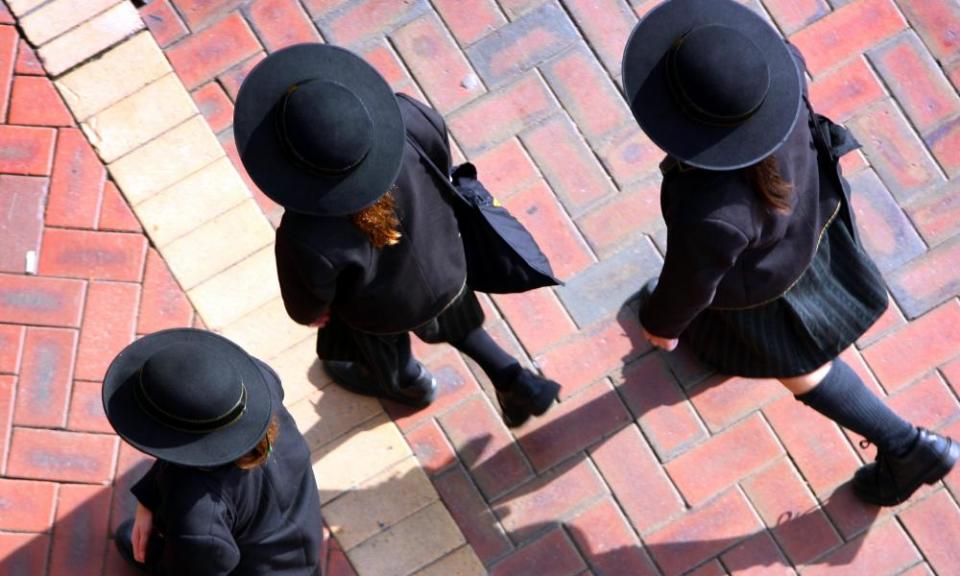NSW HSC syllabus overhaul places focus on English grammar and Asian history

A major overhaul of the New South Wales education curriculum will see a renewed focus on writing skills and grammar, while history subjects will allow for a greater understanding of Australia’s role in the Asian century.
The changes, to be revealed on Tuesday by the NSW Education Standards Authority (Nesa), represent the biggest shift for the higher school certificate in two decades.
New syllabuses have been introduced across English, maths, history and science, which are designed to favour depth of study, rather than breadth.
All English courses will include mandatory units on “reading to write” and the “craft of writing”. Study will include explicit references to structure, grammar, spelling, vocabulary and punctuation.
English students will no longer study texts in a thematic structure, a change designed to allow for a deeper study of individual texts.
Science will include a renewed focus on mathematical content in physics and chemistry courses, and a greater investigation of modern and emerging scientific concepts such as stem cell research, gravitational waves and the prediction of seismic events.
The approach of studying science in a social context will also be dropped in favour of focusing on critical thinking and the application of skills, knowledge and understanding.
All history subjects will place greater emphasis on historical thinking and interpretation, and will give students more opportunity to study Australia’s developing role in Asia.
History extension courses will consider Robert Menzies’ leadership and legacy as a case study, and the representations of Anzac in Australian politics and culture.
Modern history will examine the shaping of the modern world through imperialism, the enlightenment, the French revolution and the industrial age. Students will also be required to study non-European history.
The 22 new syllabuses, which have not been updated since the current HSC was introduced 20 years ago, will be taught to year 11 students from 2018 and year 12 students from 2019.
The chair of Nesa, Tom Alegounarias, said the new syllabuses would give students the ability to “develop a greater mastery of knowledge and skills”.
“The 22 new syllabuses ensure the currency, reliability, continuing integrity and international reputation of the HSC,” Alegounarias said.
The chief executive officer of Nesa, David de Carvalho, said the changes were informed by extensive consultation with academics, parents and the broader education community.
“The syllabuses are designed to equip NSW students with the skills they will require after they leave school, for further study, work and life,” De Carvalho said.
Nesa said feedback on the changes had been overwhelmingly positive, despite the concerns raised about its mathematics syllabus, which academics criticised for containing poor mathematical language.
Nesa said it was still to finalise the advanced maths subject. The advanced maths syllabus had been released as a final draft for further consultation.

 Yahoo News
Yahoo News 